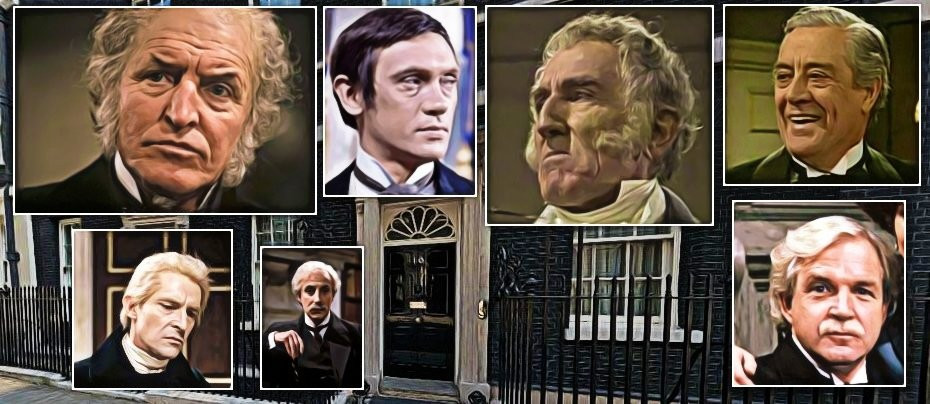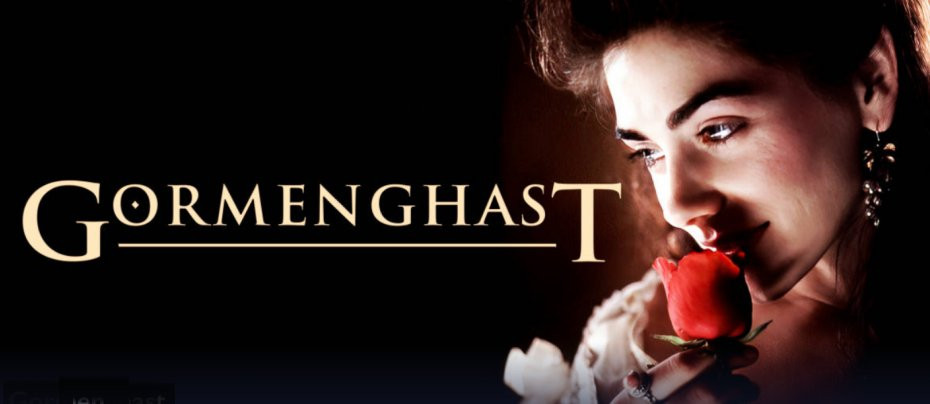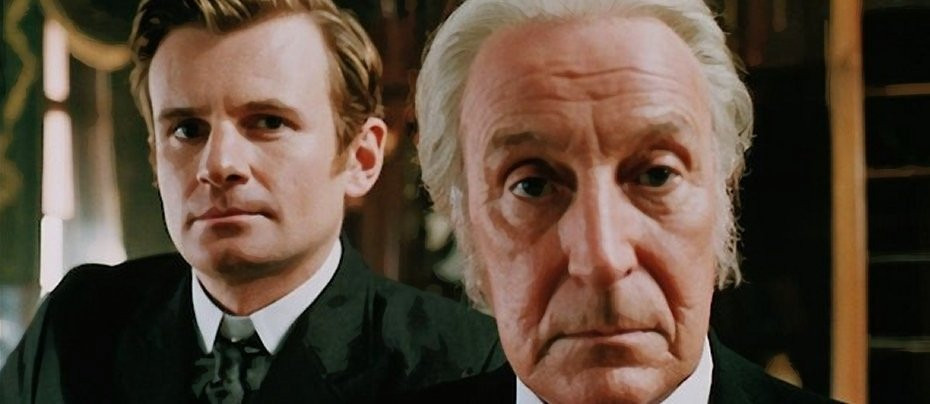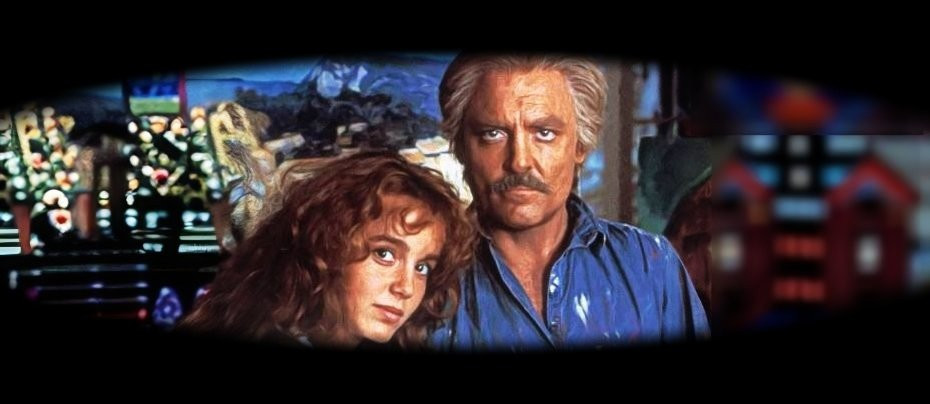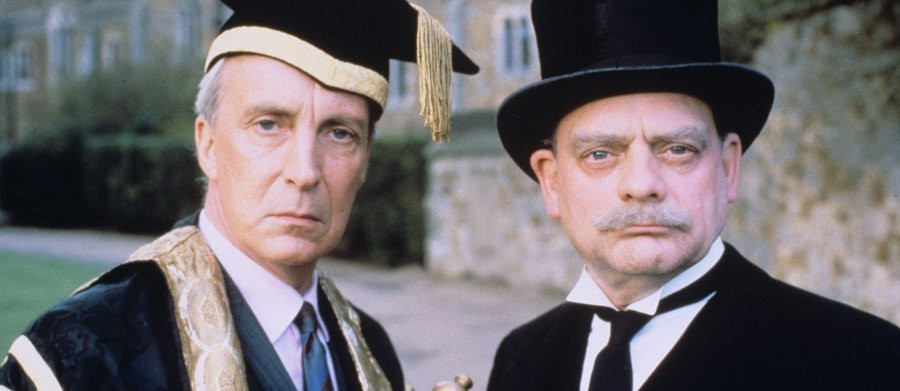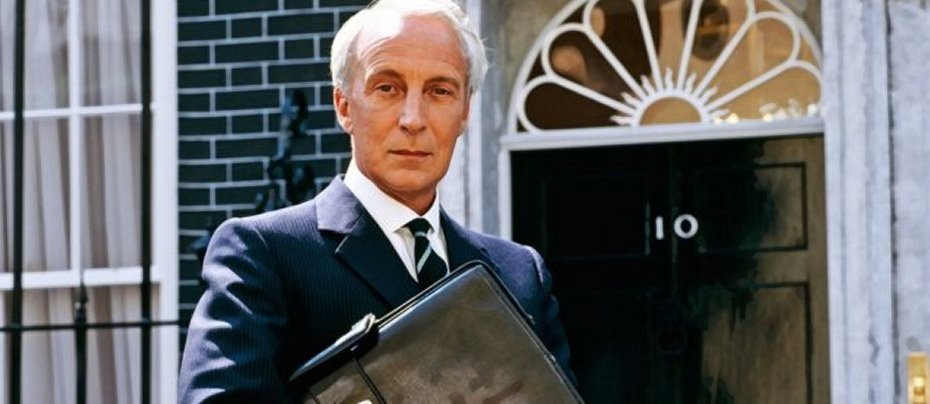
Ian Richardson
Possessed of an unparalleled stage presence and a voice that could command attention even in a crowded room, Richardson’s performances were a masterclass in subtlety and gravitas.
Remembering Ian Richardson (1934 – 2007) by Laurence Marcus
Despite portraying the 'very English' Tory politician Francis Urquhart in the BBC's House of Cards, Ian Richardson started out with a Scottish accent, having been born and brought up in Edinburgh.
Born 7 April 1934, Richardson was the only son and eldest of three children of John, a manager at the McVitie & Price factory, and Margaret Richarson. He was educated in the city, at Balgreen Primary School, Tynecastle High School and George Heriot's School. Interested in acting from an early age (he first appeared on stage aged 14), he was advised to lose his Scottish accent by the director of a play and his mother arranged for him to have elocution lessons whilst he was working as a stage manager.
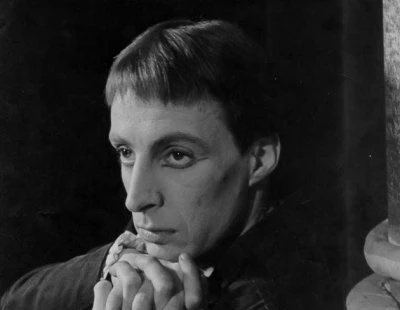
He returned to Scotland in the 1950s after completing his National Service to attend the newly established Royal Scottish Academy of Music and Drama and was regarded as an excellent student, winning the James Birdie Gold Medal in 1957. His first acting job was the juvenile lead at Birmingham Rep where he succeeded Albert Finney. In 1960 he was invited to become a founding member of the RSC and played a succession of Shakespearean roles. By that time, television had established itself as the major medium and Richardson was keen to be a part of it, but, in his own words; "Every time I thought of moving on, the RSC would offer me another enormous role. Looking back, I wish I'd left sooner than I did, because I missed out on a lot."
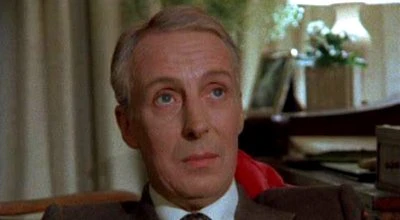
He finally quit the RSC in 1970 only to experience the worst year of his career, with no offers of work coming in and a young family to support. His break came when he won a featured role in the film Man of La Mancha in 1972. But it wasn't until 1979 that he enjoyed any recognition on television. A chance meeting with Alec Guinness led to him being offered the part of Bill Haydon in the award winning series Tinker, Tailor, Soldier, Spy. Richardson now found himself in demand and starred in Private Schulz (1981), The Woman in White (1982) and The Hound of the Baskervilles (1983), as Sherlock Holmes. During this period he also played Henry Higgins in a 20th anniversary production of My Fair Lady on Broadway, winning the Drama Desk Award for Outstanding Actor in a Musical and a nomination for the Tony Award for Best Actor in a Musical.
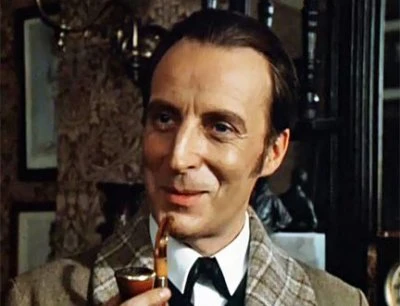
Appearances as Sir Godber Evans in Channel 4's adaptation of Porterhouse Blue, in Lord Mountbatten: The Last Viceroy and as Anthony Blunt, the Soviet spy in the BBC film Blunt: The Fourth Man, only cemented Richardson's reputation as one of the country's finest dramatic actors. He was appointed Commander of the Order of the British Empire in the 1989 New Year Honours. Richardson's most acclaimed television role was as Machiavellian politician Francis Urquhart in the BBC adaptation of Michael Dobbs' House of Cards trilogy. He won the BAFTA Best Television Actor Award for his portrayal in the first series and was nominated for both of the sequels; To Play the King (1993) and The Final Cut (1995).
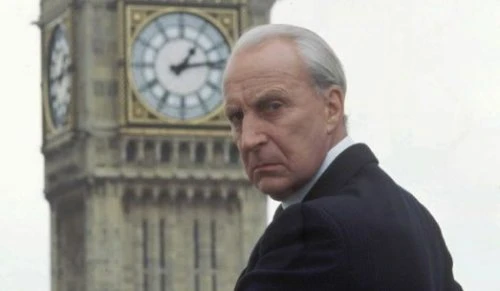
In 1999, Richardson starred in both series of the family drama The Magician's House and followed this playing Lord Groan in the major BBC production Gormenghast. In 2000, he starred in the BBC production Murder Rooms: The Dark Beginnings of Sherlock Holmes playing Arthur Conan Doyle's mentor, Dr. Joseph Bell, a role he welcomed as an opportunity to play a character from his native Edinburgh. He appeared in a recurring role of the villainous Canon Black in the short-lived BBC cult series Strange. In 2005, he took on the role of the Lord Chancellor in the BBC soap-like drama series Bleak House.
Richardson died in his sleep of a heart attack on the morning of 9 February 2007, aged 72. "I've had a superb career," he once told a friend. "What really matters to me now is not my CBE nor my acting awards, but my family and my beautiful estate in Devon."
In a distinguished career that spanned over five decades, Ian Richardson's contributions to theatre and television left an indelible mark on the acting world.
Published on October 6th, 2024. Written by Laurence Marcus for Television Heaven.





